Healthy Eating During Ramadan
- Home
- Healthy Eating During Ramadan

During Ramadan, the metabolic rate slows down due to a decrease in the number of meals and a decrease in the energy taken daily, as well as a decrease in fluid consumption, with a fasting period of about 16-17 hours. Health-related problem in people who have diabetes, heart disease, kidney disease, metabolic syndrome, those with chronic disease such as high blood pressure, constantly people on drugs, cancer patients, those with diseases of the digestive system, pregnant and lactating women, Growth-Development-age, we do not recommend fasting for the health of children. It is always necessary to remember that the main goal in the month of Ramadan is to educate the body and soul, to take care of our soul. If you can achieve this, you will not overdo it with heavy meals and excessive meals in iftar or Sahur, and it will be much more comfortable for you to fulfill the requirements of Sahur, which your body needs. A different meal time and balance will occur than our Normal daily diet. But as in any period of life, the goal during this period should be ‘adequate and balanced nutrition’. Nutrition considerations: - iftarda and sahurda it is necessary not to fill the stomach with multiple fast and too much food. Fast ingestion leads to increased blood pressure and rapid secretion of hormones that balance blood sugar, such as insulin, which will lead to increased indigestion problems after iftar. - Food should be eaten by chewing well. - In the choice of dishes, avoid foods that are too fatty, too salty, too spicy and too sweet. Instead, foods such as vegetables, fruits and whole wheat bread with high fiber content that are easy to digest and can remain in the digestive system for a long time should be preferred. - Since it is necessary to drink about 1.5 -2 liters of water, a lot of attention should be paid to liquid intake, and water consumption should be evenly distributed between sahur and iftar.
Sahur
Sahur must be done. Because people's blood sugar levels will drop during the day when sahura is not made. Even a drop in blood sugar begins at the beginning of the day and can reach lower values. Sahur meal is important for blood sugar to be balanced during the day. Foods that will remain in the stomach for a long time and will not cause sudden changes in blood sugar should be preferred when Sahura is raised. Foods that are easy to digest that will not disturb you during the day should be preferred. For example, cereal soups, whole wheat bread, less salty cheese, fruit, breakfast and plenty of water consumption should not be forgotten. In Sahur, very salty and spicy foods should not be consumed. Dried fruits such as dried apricots, prunes, dried figs, which are high in fiber and can help balance your blood sugar, can also be added to your Sahur. Because it will be dehydrated for a long time during the day, water must be consumed before and after sahur, and you can consume cucumbers and fresh mints at the end of sahur hours to reduce the feeling of thirst during the day.
Mild Iftar
Choose foods that will not cause mild indigestion and reflux problems before moving on to the main dishes when starting an iftar meal. For example, you can start with dates to collect your blood sugar when opening your fast. After a two-minute rest, you can continue to warm water, i.e. at room temperature. A warm and not too greasy soup that is not too hot to start a meal is the most appropriate starting dish. Especially people with intestinal problems experience the most digestive system problems during Ramadan. For this reason, the addition of natural fiber from soups and a thin slice of whole wheat bread should be preferred next to the soup. After fasting and soup is consumed, the food should be decamped for 5-10 minutes to rest the stomach a little. After the break, you should switch to the main course.
Iftar Dinner
After the soup, the dishes to be preferred should be light dishes instead of very fat and heavy dishes be careful to eat the dishes as slowly as possible and chew them well. Do not fill your stomach with food in beer and suddenly load up on food so that you do not experience indigestion. Also, try not to consume the water of juicy dishes so that you get less fat. In order for a feeling of satiety to occur at the iftar table, a protein weight order must be created. Because we will consume less food during Ramadan and starve for a long time, the metabolism will slow down and the immune system will decline. So we have to support our immune system with nutrients during the pandemic process. Before sitting at the table made of fresh seasonal vegetables, the salad should be one of the most important plates of your iftar table. Be sure to add lemon and pomegranate sour to your salads to increase the antioxidant and anti-inflammatory effect.
Dec Meal
It would be better to eat dessert varieties as a small portion as a night Decal 1 - 2 hours after iftar, not immediately after eating. After eating, it should be noted that the desserts that will be eaten are not doughy and fried, and as much milk desserts should be preferred as possible. Gullaç, which we consume a lot during Ramadan and has now become a symbol of iftar dishes, can be considered one of the most suitable varieties for light milk desserts. But, of course, light sweets should not be consumed more than 1-2 times a week, although it is said to consume. 2 times a week milk dessert should be consumed and other days fruit or certain amounts of nuts should be preferred.
Try to take a light walk 1-2 hours after iftar.
A lot of attention should be paid to fluid intake, since an adult person should drink about 1.5 -2 liters of water.
Relationship Between Ramadan And Weight
As long as people who want to lose weight during Ramadan pay attention to the types of nutrients and portion sizes they consume, they can lose weight during Ramadan as in other months. The person's age, gender, height, weight, diet and physical activity status of the holy month of Ramadan with a specially prepared properly prepared so weight loss can be a healthy and balanced diet.
-
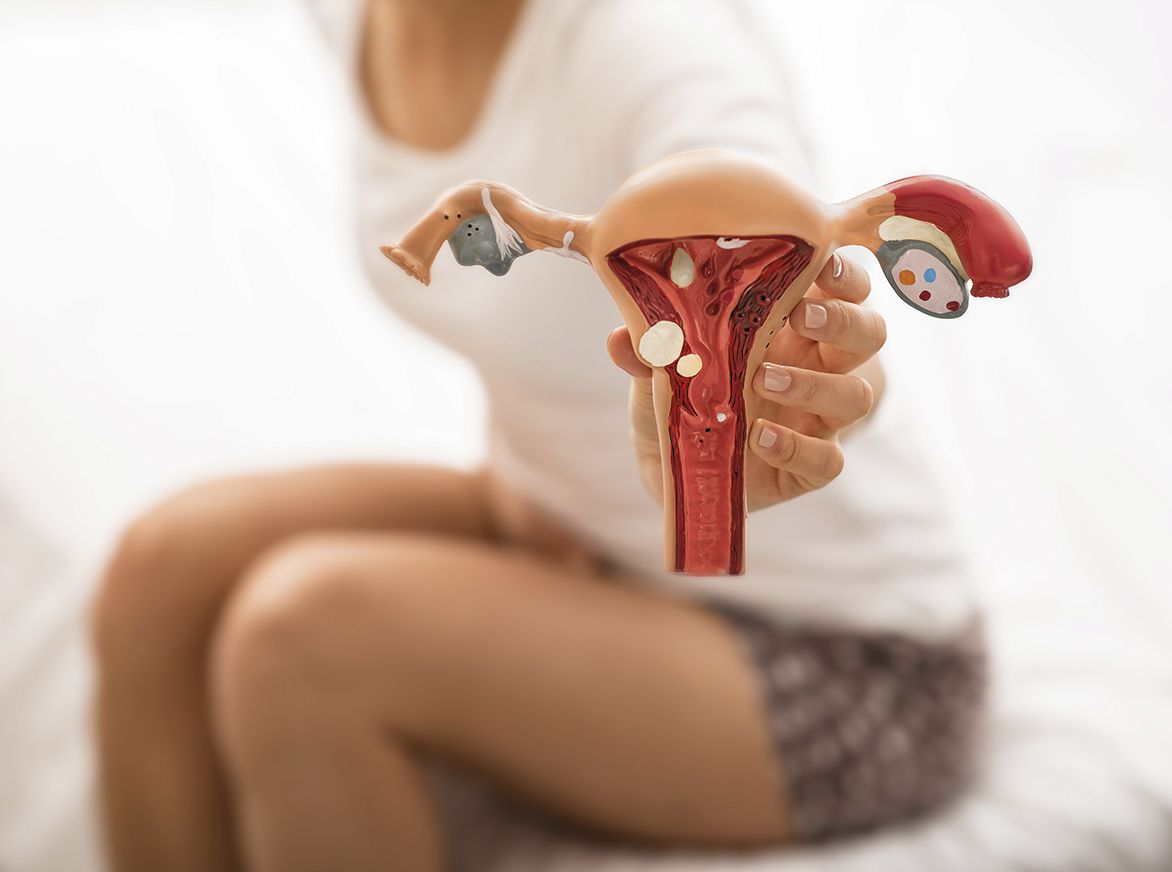 What is Endometriosis (Chocolate Cyst)? What are the symptoms? How to Treat?
What is Endometriosis (Chocolate Cyst)? What are the symptoms? How to Treat?
-
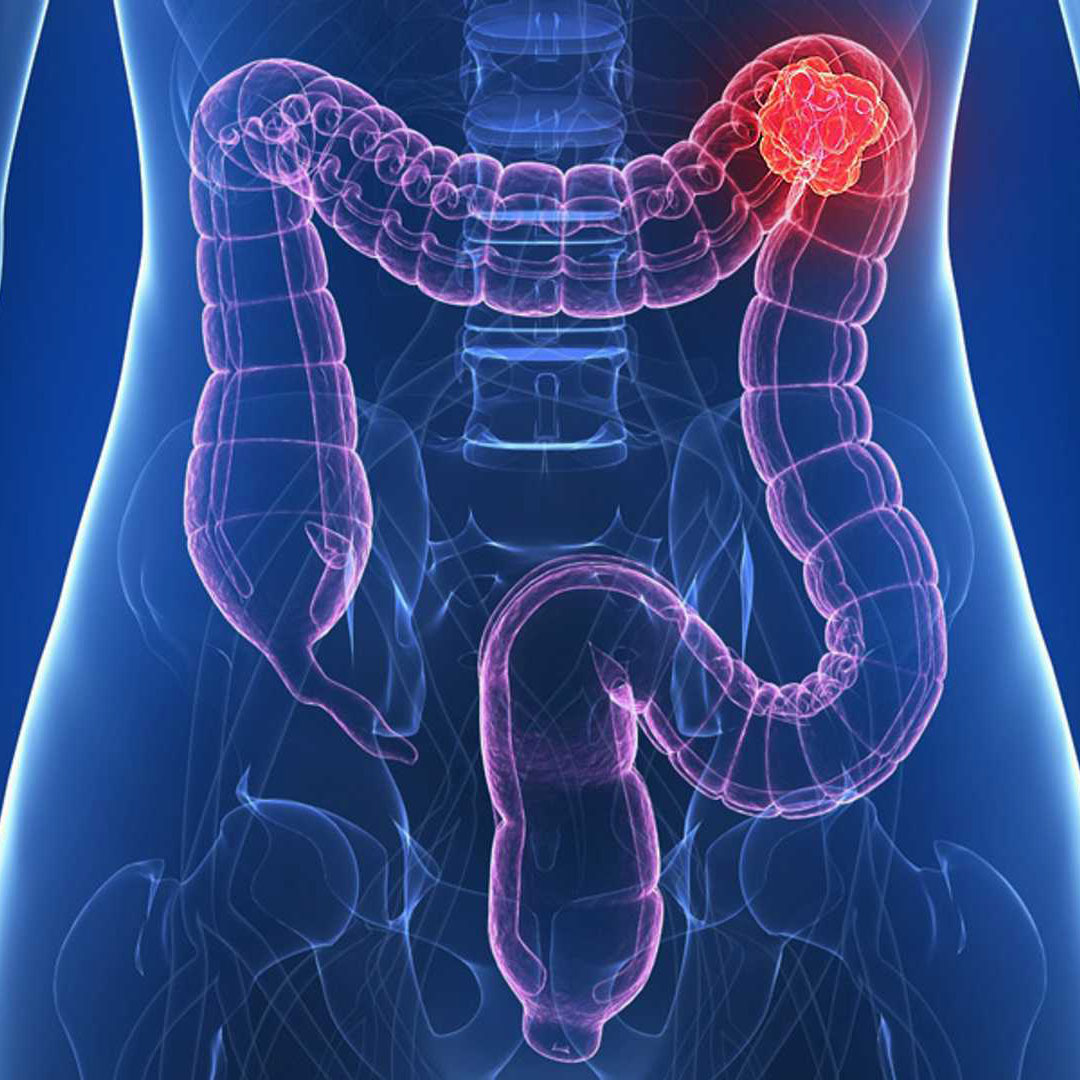 Colon Cancer (Symptoms, Stages, Treatment)
Colon Cancer (Symptoms, Stages, Treatment)
-
 Influenza (Flu) in Children
Influenza (Flu) in Children
-
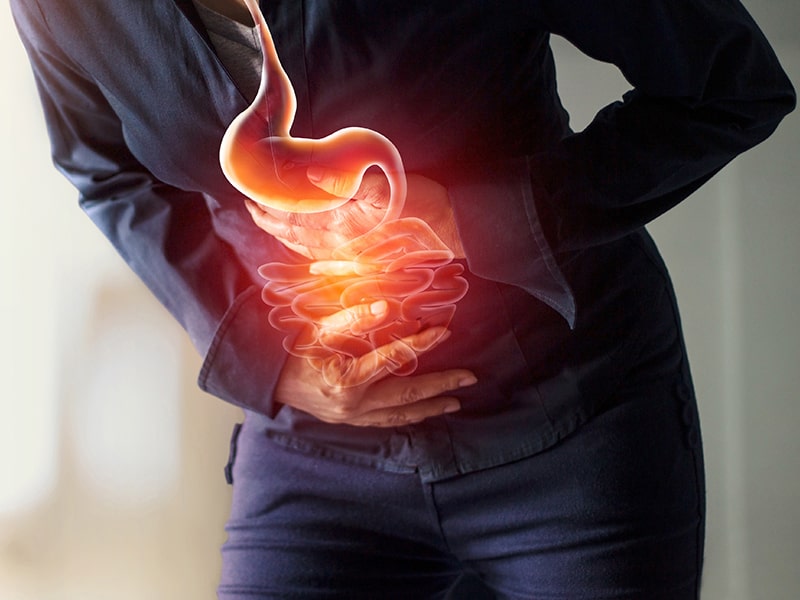 Stomach Cancer Symptoms and Treatment Methods
Stomach Cancer Symptoms and Treatment Methods
-
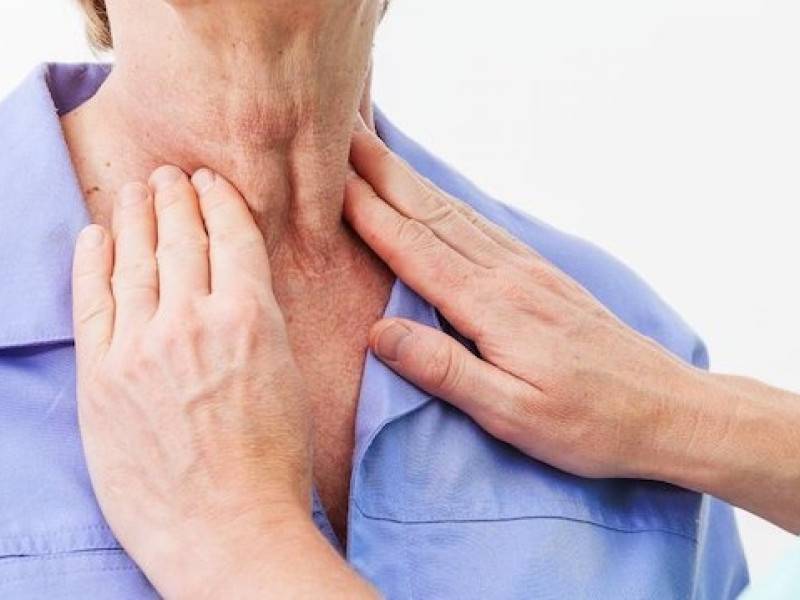 What is Lymph Node Swelling? What Are The Reasons?
What is Lymph Node Swelling? What Are The Reasons?
-
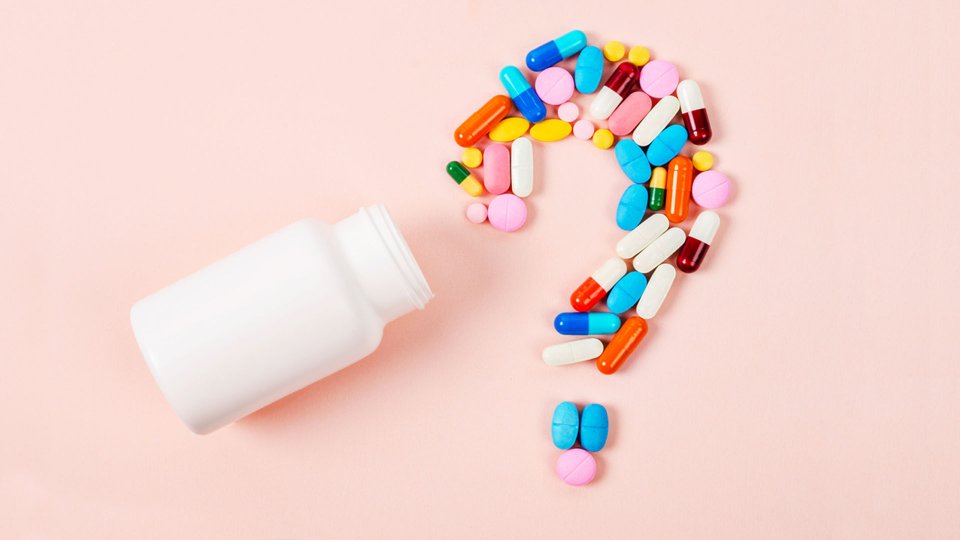 When to Use Antibiotics? What are the side effects? What is Antibiotic Resistance?
When to Use Antibiotics? What are the side effects? What is Antibiotic Resistance?
-
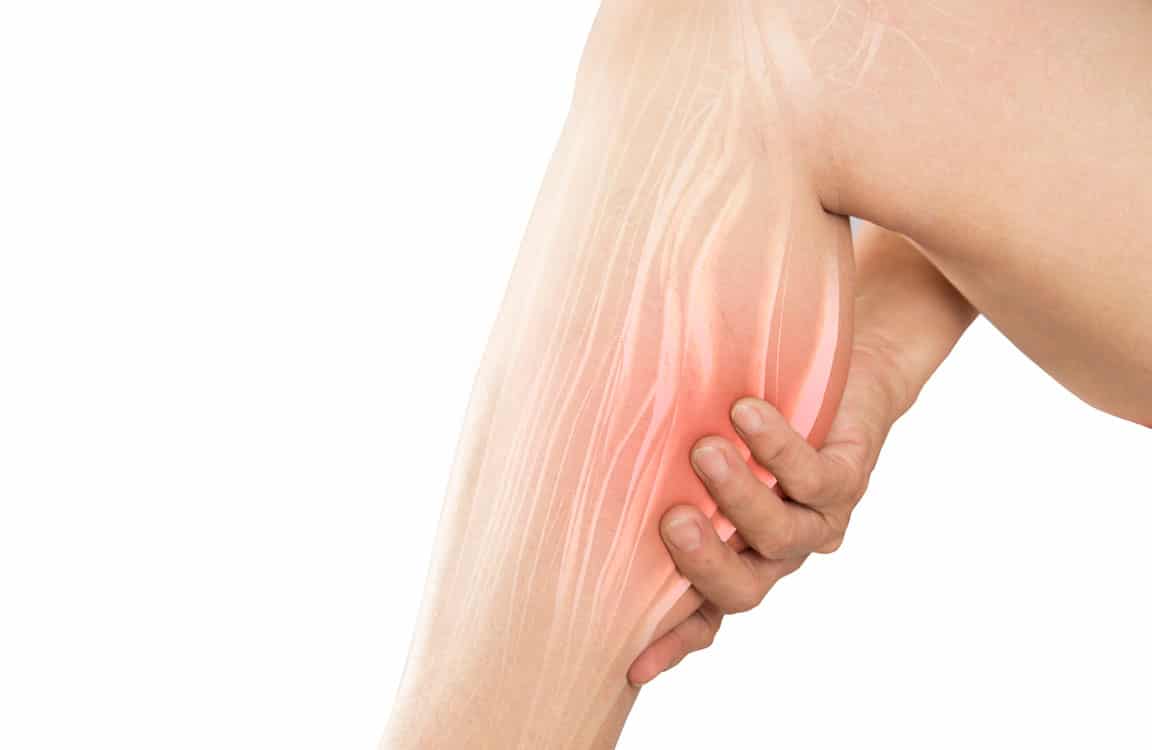 What is Muscle Spasm?
What is Muscle Spasm?
-
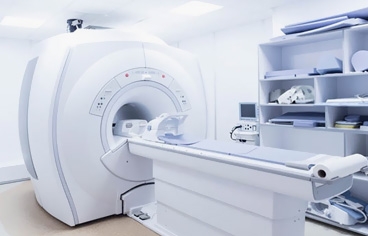 What is MRI? How to Take an MRI with Medication? Is It Harmful?
What is MRI? How to Take an MRI with Medication? Is It Harmful?
-
 What are the Causes of Diarrhea and Vomiting? How to Treat?
What are the Causes of Diarrhea and Vomiting? How to Treat?
-
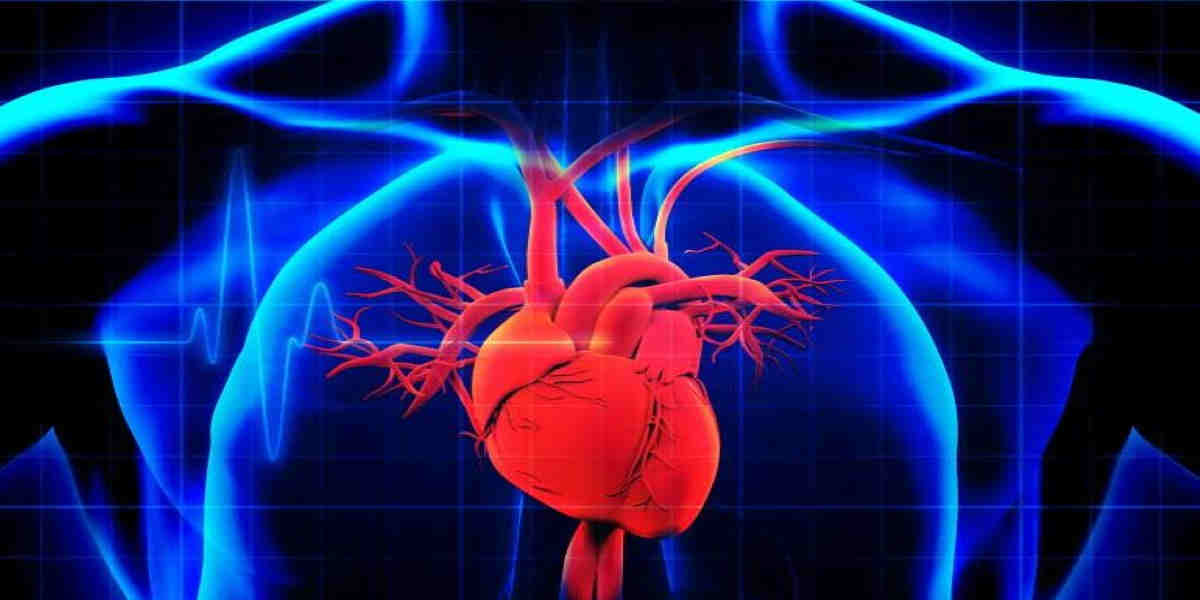 What is Heart Failure? What are its stages? How to Treat?
What is Heart Failure? What are its stages? How to Treat?
